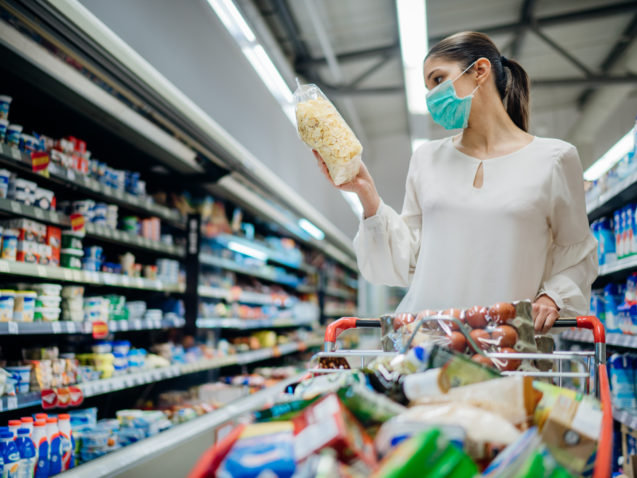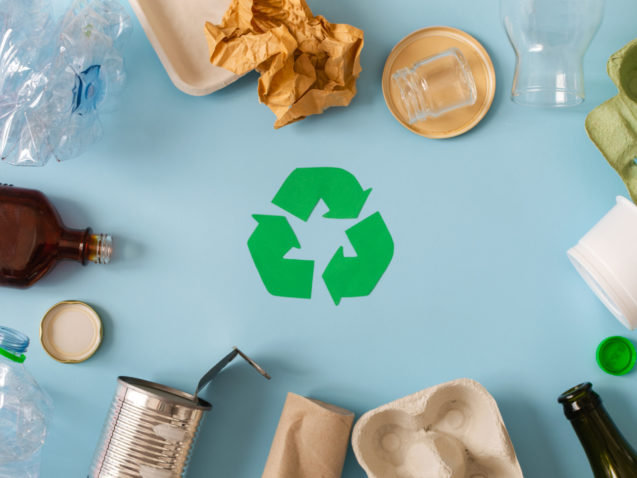By 2050, 10 billion people globally will need to be fed. Currently, at EU level, it is estimated that approximately 88 million tonnes of food produced is lost or wasted, and that 43 million people can’t afford quality food every other day.
These alarming figures, alongside the COVID 19 crisis, are a telling sign that we must do more to prevent and reduce food waste.
Food losses and food waste impact the sustainability and resilience of our food systems and jeopardise food security and nutrition for future generations.
By reducing food losses and food waste, we are making better use of natural resources whilst decreasing greenhouse gas emissions that impact climate change.
In Europe, 88 million tonnes of food produced is lost or wasted and 43 million people can’t afford quality food every other day
Embracing its role in the fight against food waste, Europe’s food and drink industry is firmly committed to supporting the implementation of the UN SDG 12.3 to halve food waste by 2030.
With our industry’s central position in the supply chain, several initiatives over the years have been initiated by our sector to prevent and reduce food loss and waste in food processing operations and also along the food chain, from primary production to consumers.
In order to deliver on the SDG target 12.3 and contribute to the overall EU Green Deal ambition, we are asking policy makers to consider the following, to strengthen the links between food, people, and the planet:
- EU guidelines -As Member States are starting to collect data and report on food waste reduction, the development of EU guidelines on the implementation of the Delegated Act on food waste measurement will help the various actors along the supply chain to consistently interpret the data and reporting requirements.
- Reporting and measurement tools – Support the need to measure and report on food waste in a consistent and transparent way, as per the example of the UK Food Waste Reduction Roadmap. This can help ensure that further measures are based on analysis of comparable data.
- Consumer information – Improve consumer understanding of optimal food storage and date markings (‘use by’ and ‘best before’) jointly with other stakeholders, in line with the Food Information to Consumers (FIC) Regulation.
- Consumer awareness – Raise awareness among consumers on ways to reduce food waste at home, in the workplace, and on buying habits in food retail stores.
- Research & innovation – European-funded research on food losses and food waste should be conducted for every actor in the supply chain to help identify the specific challenges and develop solutions (including the development of co-products). Co-financing schemes of future European research and innovation programmes such as Horizon Europe, LIFE should be supported and ambitiously financed.
- Policy coherence – EU policies relating to food waste should be coherent with other policy initiatives under the European Green Deal, such as the Climate Law, Biodiversity Strategy, and the Farm to Fork Strategy.






